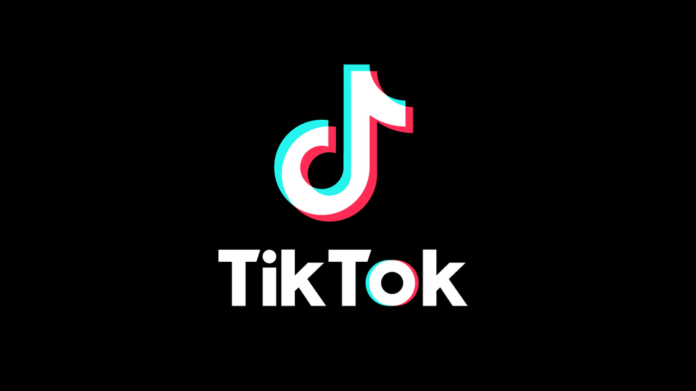HANOI, May 6 — Vietnam’s Ministry of Information and Communications (MIC) will conduct a comprehensive inspection over TikTok’s activities in the country from May 15, given its continuous and regular violations, the ministry announced Friday.
Head of MIC’s Broadcasting and Electronic Information Authority, Le Quang Tu Do, said the probe will last until the end of May, reported Vietnam News Agency (VNA).
The ministry had sent a dispatch to relevant ministries and sectors requesting them to send personnel to join the inspection team, Do stated, adding that the MIC will conduct comprehensive assessment of impacts and influences of the cross-border platform on the community, especially young people.
TikTok, along with its Chinese counterpart Douyin, is a short-form video hosting service owned by the Chinese company ByteDance.
Vietnam currently ranks 6th among the 10 countries with the largest number of TikTok users in the world. In February, there were about 49.9 million people using TikTok in Vietnam, according to DataReportal.
Last month, the MIC announced six major violations committed by TikTok in Vietnam.
First, TikTok failed to handle violations in content related to politics, hostile activities against the party and government, fake news, and harmful contents.
Second, TikTok used an automated algorithm to create trends and spread content for views, regardless of its offensive content, which has a negative impact on the community and youth.
Third, it lacked effective measures to prevent the sale of counterfeit goods, illicit drugs and supplements with unknown origins.
Fourth, this short-form video platform failed to manage the activities of TikTok idols, many of whom create inappropriate content to attract viewers’ curiosity. For example, some TikTok idols have recently created unsuitable online challenges, in which the more shocking and offensive the content is, the more gifts or money they receive. TikTok receives 70 per cent of the total revenue from such challenges.
Fifth, non-copyrighted content has been rampant on this platform without any effective prevention measures from TikTok.
Sixth, TikTok has no effective measures to prevent users from using someone else’s private and personal images to spread fake news or defame and insult others, according to the MIC.
















